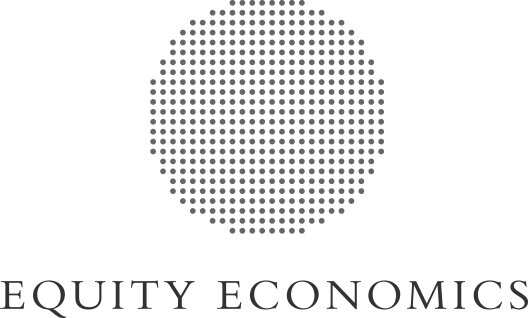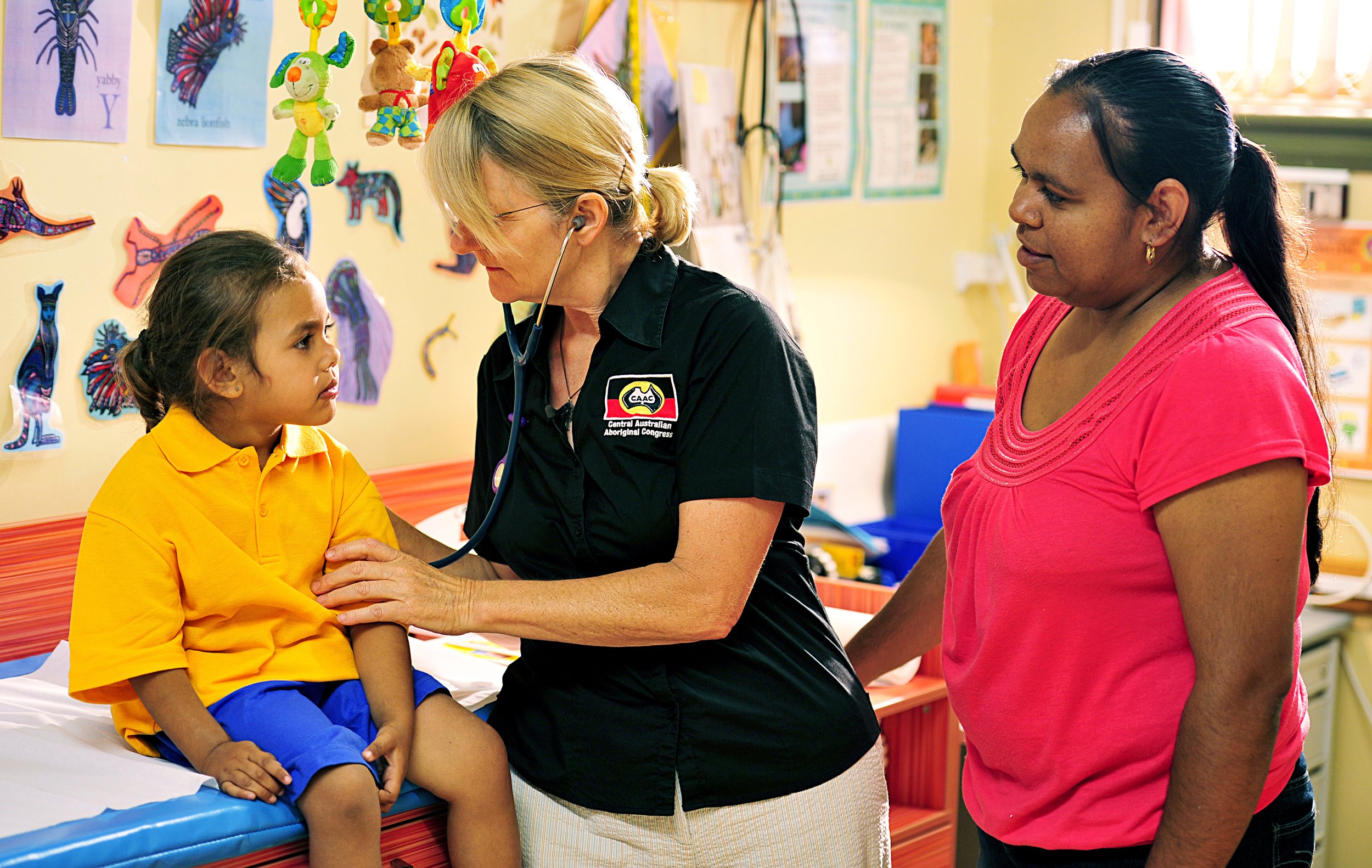Funding Rare Disease Therapies in Australia
Summary
Seven years ago, Equity Economics prepared a report for the McKell Institute’s: Funding Rare Disease Therapies in Australia – Ensuring equitable access to health for all Australians.
The report placed the issue of inequities in access to new medicines for the one in eight Australians that live with a rare disease on the national policy agenda. It has helped shape the debate in Australia, culminating in the release of the first ever National Strategic Action Plan for Rare Diseases in 2020 which was a key recommendation of the 2014 Report.
Since the 2014 Report there have also been reforms to the Life Saving Drugs Program (LSDP) but have not closed the access gap when looking at international comparator countries.
In this report we provide an update on major developments in the policy landscape over the past seven years, drawing on a number of reviews, white papers and strategies that have informed government policy. We find that there are still significant gaps that need addressing, and that the NMP needs to be reformed to ensure the policies and programs that provide access to new medicines adequately address the needs of people with rare diseases.
Findings
We developed new Equity Centred Principles that can transform the NMP and ensure it achieves its overall objective of enhancing the health of all Australians, including those with rare diseases.
Following an analysis of how our current system meets these principals against international comparator countries, we make a number of key recommendations for reform to the NMP that would embed our Equity Centred Principles at its core.
Working with partners across the sector, our aim is to provide a framework for funding new therapies that is, at its heart, equitable, and can meet the needs of Australians accessing existing and new therapies, both today and into the future.
Read the full report



